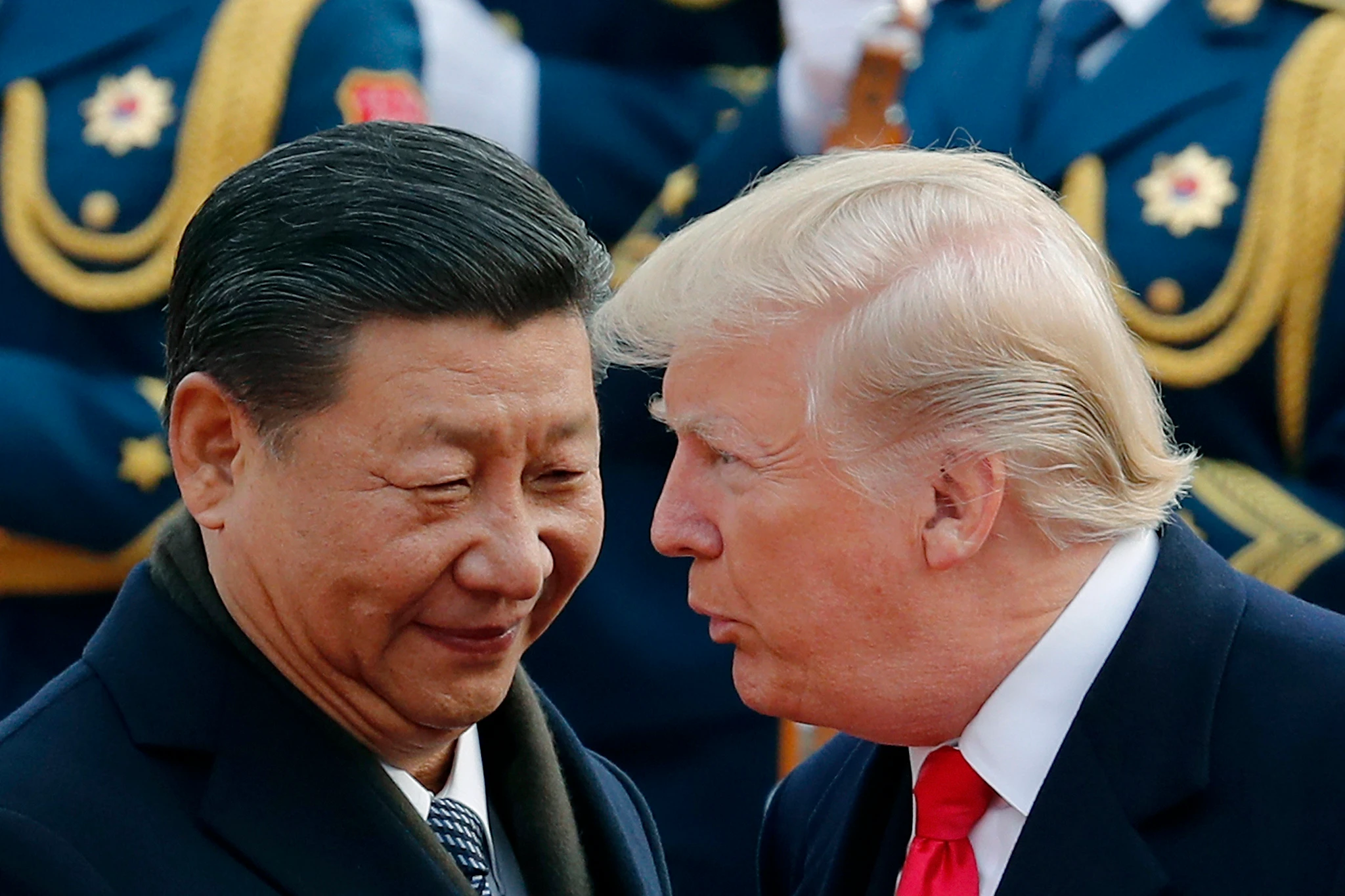Trump’s Uncertainty, Xi Jinping’s Strategic Opportunity

Laura Bicker | China Correspondent | Reporting from Beijing
Despite the economic pressure caused by the U.S.’s new tariff policy, Beijing appears to be maintaining a calm and strategic stance. While President Trump has imposed an additional 10% tariff on Chinese goods, China initially refrained from an immediate reaction and instead called for dialogue.
However, the situation has now changed. Just as the new tariff is about to take effect, China has announced countermeasures, imposing tariffs of 10-15% on American goods, including coal, crude oil, and large vehicles, effective from February 10.
This stance indicates that Beijing is not seeking a complete trade confrontation with the U.S. but is instead strengthening its strategic position.
China’s Economy: A New Reality
Compared to 2020, China’s economy is now much more diversified and less dependent on the U.S. Beijing has expanded its trade agreements with Africa, South America, and Southeast Asia. Currently, China is the largest trading partner of over 120 countries.
According to analyst Chong Ja Yan, Trump’s new tariff policy will not impact China in the same way as before.
China’s Strategic Gains Amid U.S. Retreat
Xi Jinping views this global uncertainty as a golden opportunity.
While President Trump threatens tariffs on the European Union and other allies, China is presenting itself as a reliable and stable trade partner.
Yun Sun, a researcher on China at the Stimson Center, states, “Trump’s ‘America First’ policy will create global uncertainty, which could provide a strategic advantage for China.”
Chinese state media is also promoting the message that Beijing seeks to establish a new model of global cooperation.
Is China Taking Advantage of U.S. Leadership Void?
Xi Jinping has long been advocating for a new global order under China’s leadership.
Since the COVID-19 pandemic, he has intensified diplomatic efforts and increased support for international organizations. For example, when Trump cut U.S. funding to the World Health Organization (WHO) in 2020, China stepped in with additional financial support to strengthen its influence.
China may adopt similar measures, particularly if the U.S. continues to reduce its international cooperation.
China’s Strategy Against Trump’s Tariffs
Although the Trump administration’s new tariff policy poses a challenge for China, Beijing is much more prepared this time.
Trump suspended all forms of foreign aid on his first day in office, a move that could have significant geopolitical consequences.
According to John Delury, a professor at Yonsei University, “Trump’s new tariff policy and suspension of foreign aid send a clear message to the international community that the U.S. is stepping back from global leadership.”
Potential for New Alliances
While China is trying to capitalize on the situation, several Asian countries remain cautious.
Japan, South Korea, the Philippines, and Australia are strengthening their strategic ties. The Australian Institute of International Affairs suggests, “A second Trump administration could lead to a new trilateral relationship between Australia, Japan, and South Korea.”
Due to China’s aggressive stance on the South China Sea and the Taiwan issue, countries in the region are reassessing their strategies.
Tensions Beneath the Surface?
Trump announced new tariffs while China was celebrating the Lunar New Year.
Initially, China planned to challenge the tariffs through the WTO, but later it opted for direct countermeasures.
According to Professor Wu Xinbo of Fudan University, “Trump’s unpredictable policies could be a major setback for U.S.-China relations.”
He adds, “Over the next four years, U.S.-China relations will face new challenges, as many individuals in the Trump administration support a tougher stance against China.”
While China appears cautious on the surface, it is strategically leveraging the U.S.’s leadership vacuum to expand its global influence.





